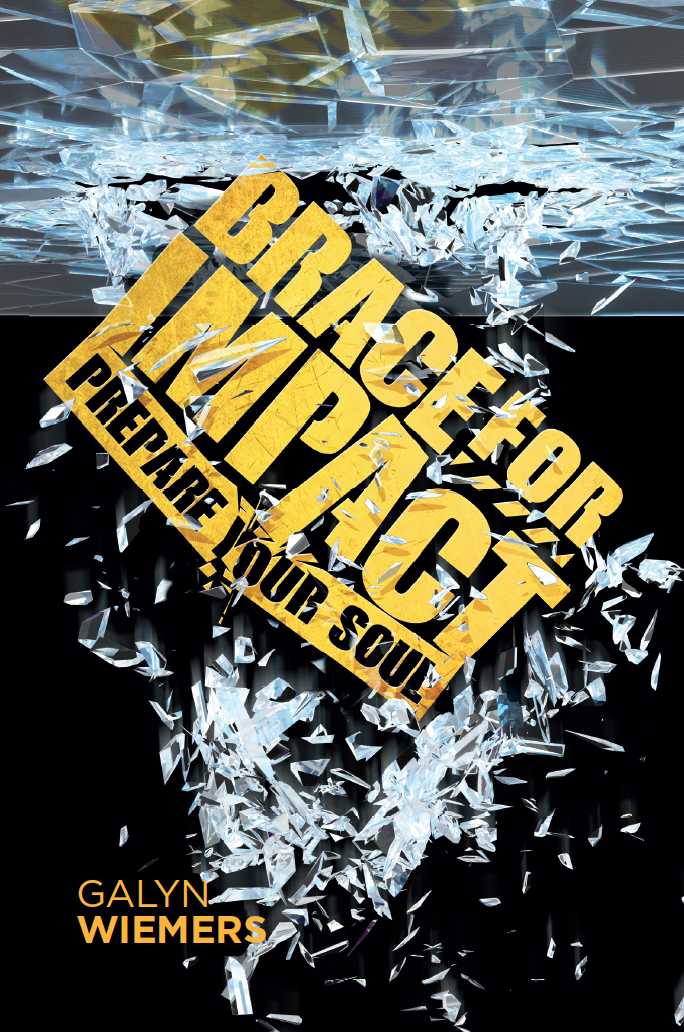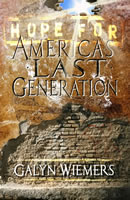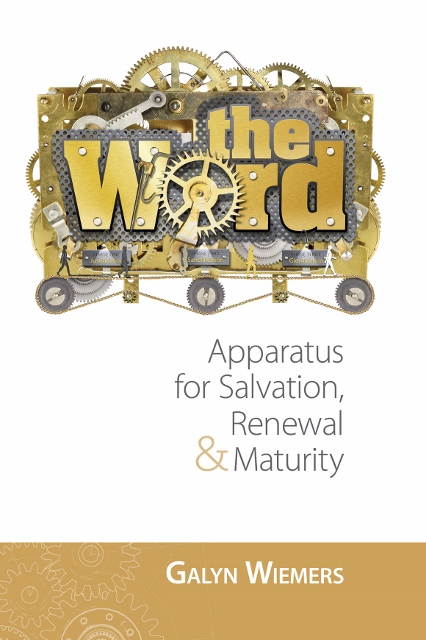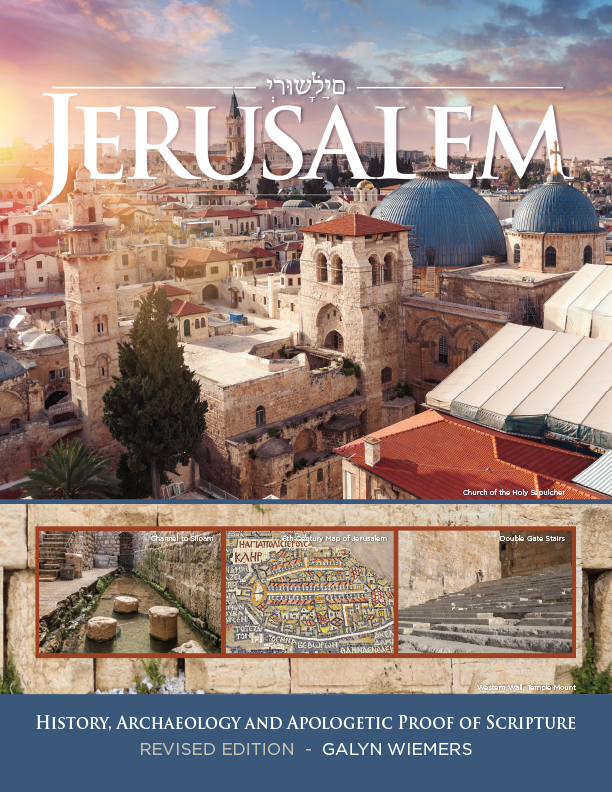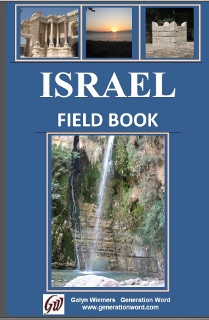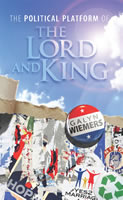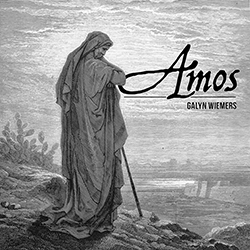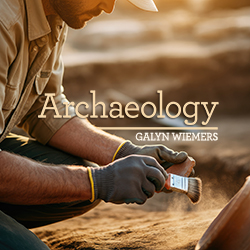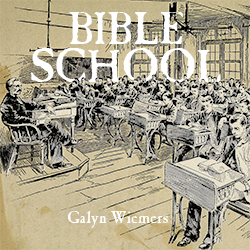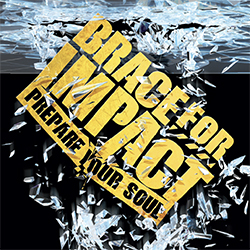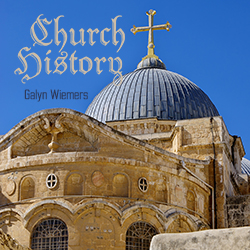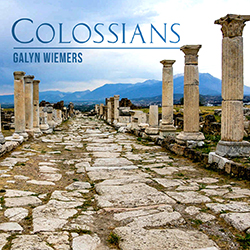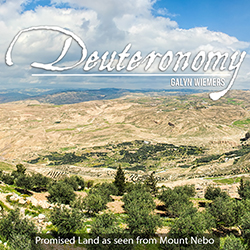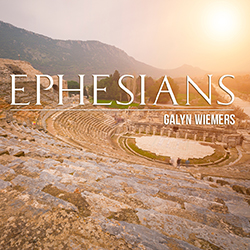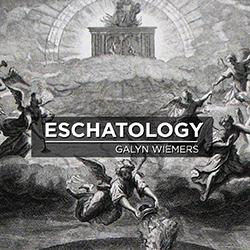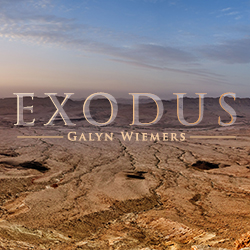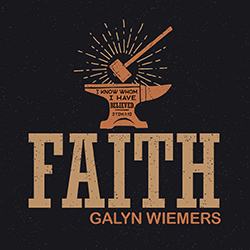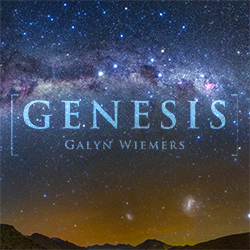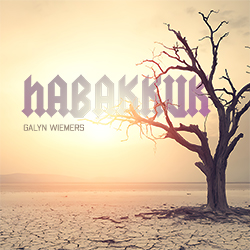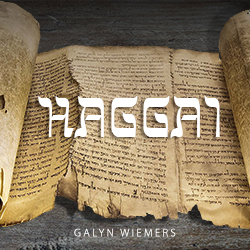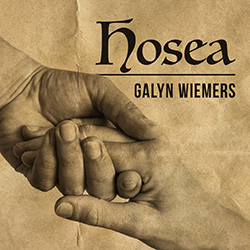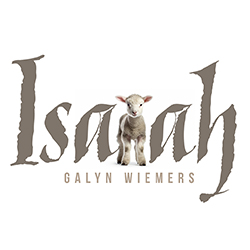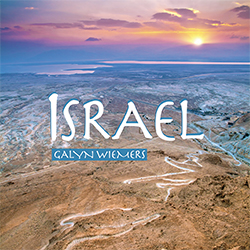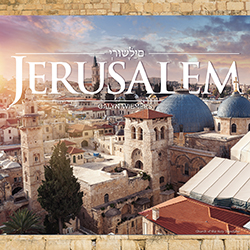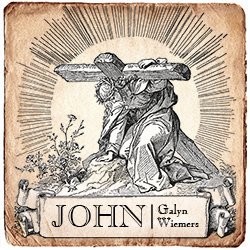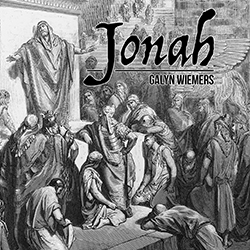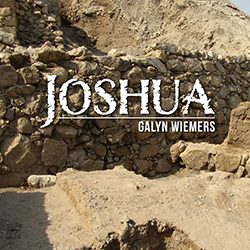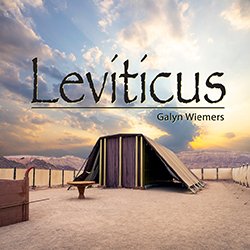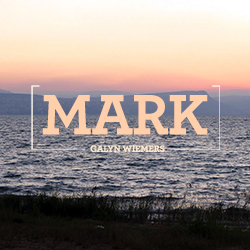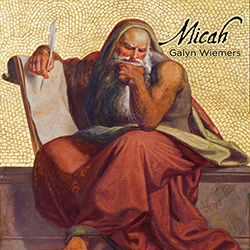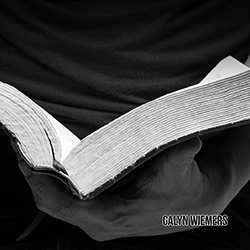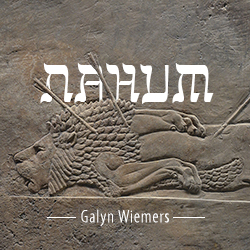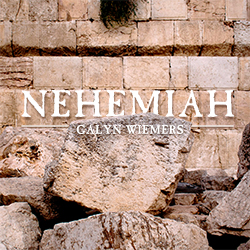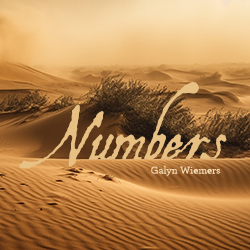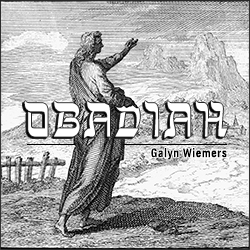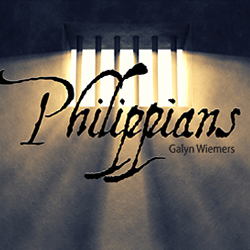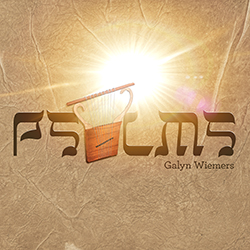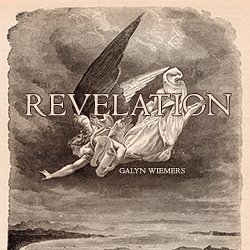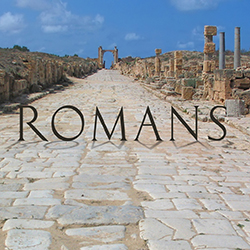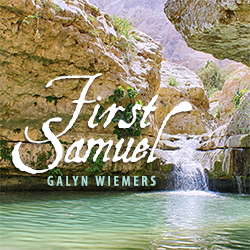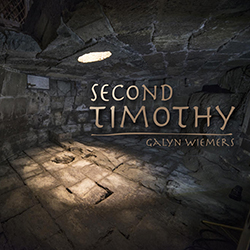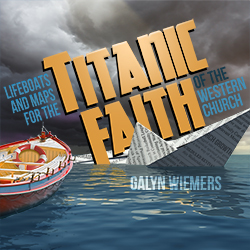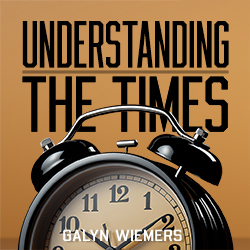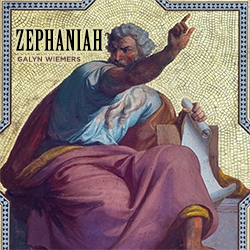
Bethsaida
by Galyn Wiemers, Generation Word
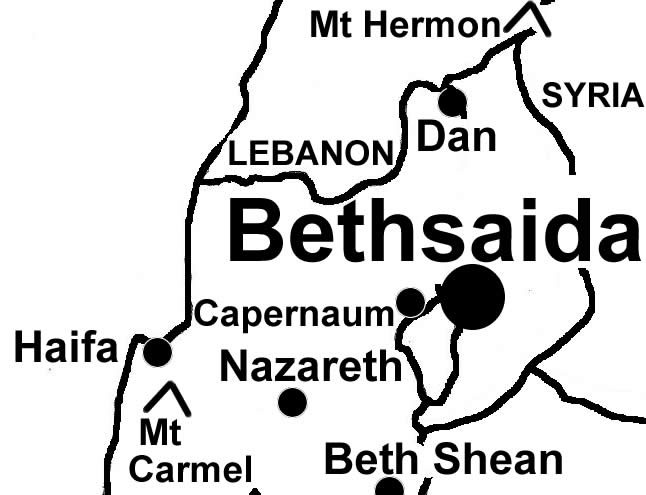
Bethsaida in the Bible:
Joshua 13:11-13, the Geshurites and Maachathites dwelt among Israel;
2 Samuel 3:3, David’s wife Maacha, the mother of Absolom, was from here;
2 Samuel 13:37-38, Absolom fled to stay with his father Talmai and Grandfather Ammihud, king of Gesher, for three years;
2 Kings 15:29, Destroyed in Pekah’s day by Tiglathpileser;
Matthew 11:20-22, Jesus rebukes Bethsaida;
Mark 8:22-26, Blind man healed outside of Bethsaida;
Luke 9:10-17, five thousand fed near Bethsaida;
John 1:44, Bethsaida is the hometown of Peter, Andrew and Philip.
Bethsaida means “house of fishing.” It is located on the north shore of Galilee which has receded over time. Herod Philip the Tetrarch rebuilt Bethsaida and called it Julia after Caesar Augustus’ daughter. It was situated in the fertile delta of the upper Jordan River right on the north shore of the Sea at the cross roads of the major trade routes that ran:
• north to Caesarea Philippi and on to Damascus
• South to Gadara and Gilead
• East to Aram
• West to Capernaum, Genneserat, Magdala to the main route (Via Maris) which went south through the land of Israel towards Egypt
In the Old Testament during the Iron Age Bethsaida was in the land of Geshur and bordered on the tribe of Asher’s east side. Due to the trade location, the fishing industry and the fertile soil there are many ancient villages and sites near Bethsaida so it was a difficult to identify as a biblical site. A large Iron Age gate that led to a paved square in front of a huge palace has been discovered here which would make this fortified city (20 acres) the site of the capital city of Geshur known as Zer (Zed). It was destroyed by Tiglath-Pileser in 734 BC, but Josephus writes that it was rebuilt in the 200’s BC and he calls it Bethsaida. It was given to Herod Philip in 30 AD who fortified it, called it Julia and was buried there in 34 AD.
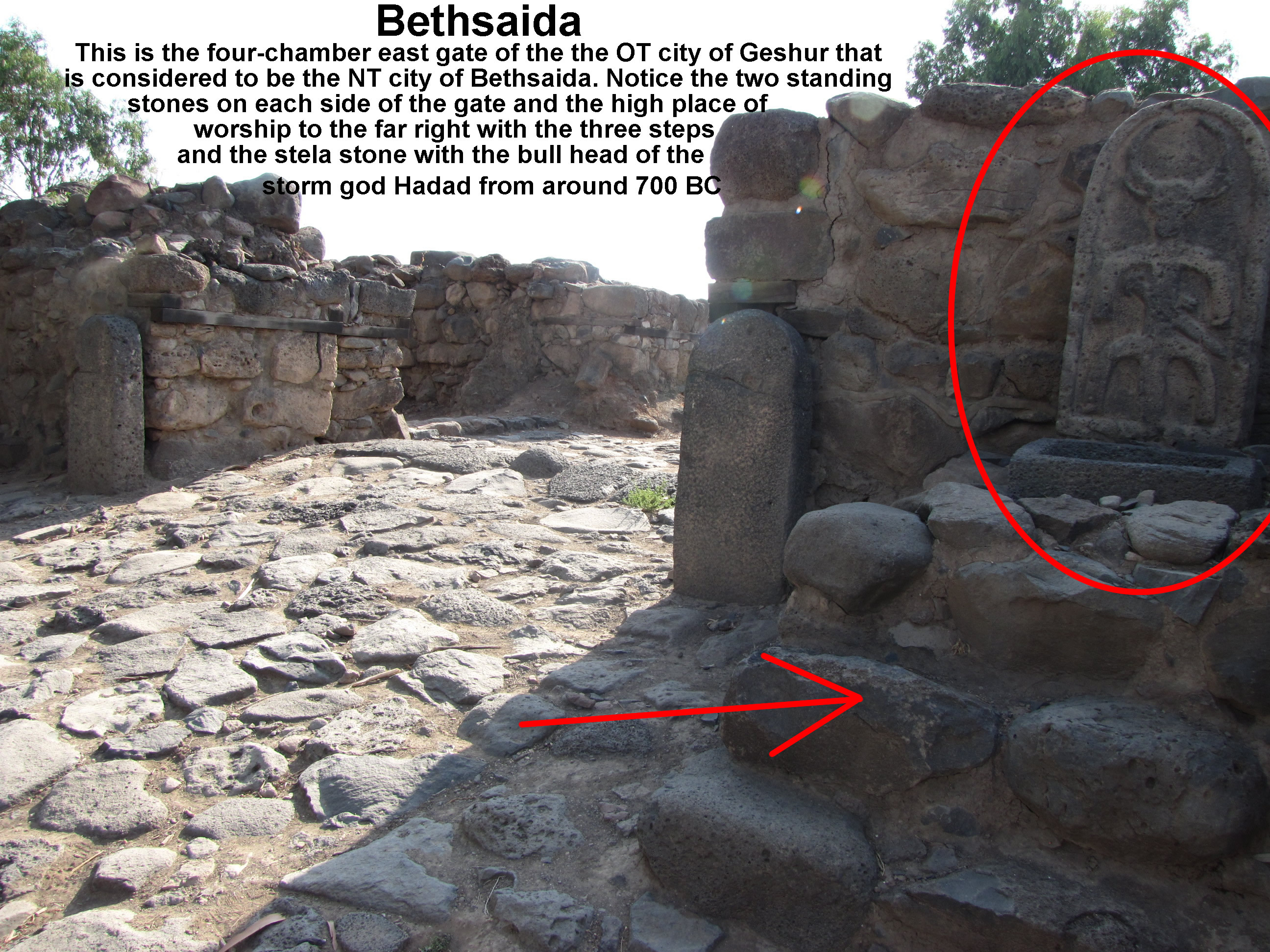
NT: Bethsaida / OT: Geshur
Bethsaida is about 50 miles from Caesarea Philippi (Paneas, Banias)
This large four-chamber city gate is on the southeast side of the Old Testament city of Geshur.
Each side of the gate has a standing stone (called a massevoth) to represent the deity.
The high place of worship is on the right side (north side) with a stella of the storm god Hadad (a deity worshipped in Aram, just to the north of Israel) portrayed as a standing bull-headed image on a tripod wearing a sword.
The east gate leading into the Old Testament city of Geshur which was the capital of the kingdom of Geshur. Notice the basalt pavement stones. This is a four chamber gate with two chambers on each side where business and governmental issues were dealt with. One of the chambers can be seen inside the gate on the left side.
The entrance to the gate is flanked by two standing stones - one on the left and one on the right.
The right side of the gate has the high place of worship with three steps leading up to the stela and basin.
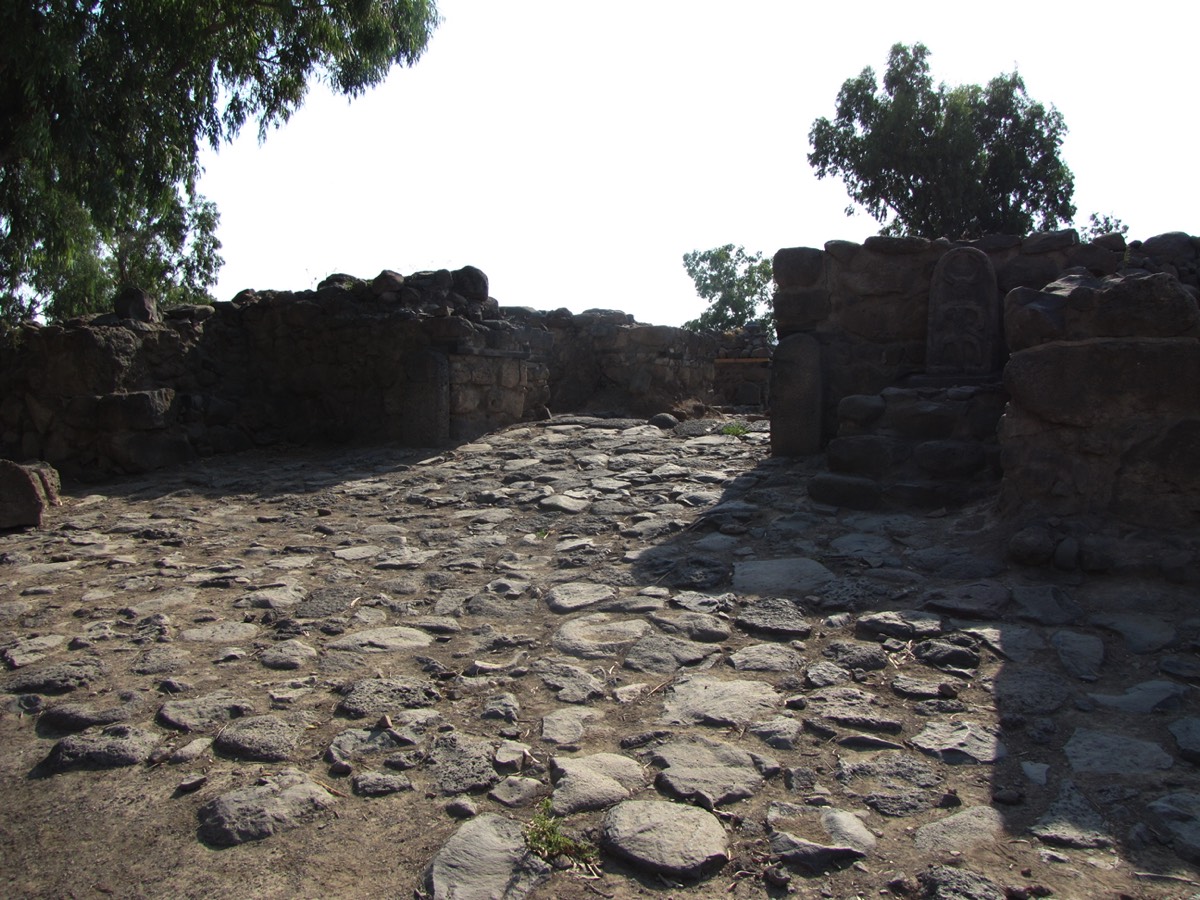
Geshur - This is the entrance of the east gate of the Old Testament city of Geshur, capital of King Talmai's kingdom of Geshur. David married King Talmai's daughter Maacha who bore David a son named Absalom. (2 Samuel 13:37)
Absalom fled to this city to find refuge with his grandfather, King Talmai, after Absalom had killed his David's son Amnon (2 Samuel 13)
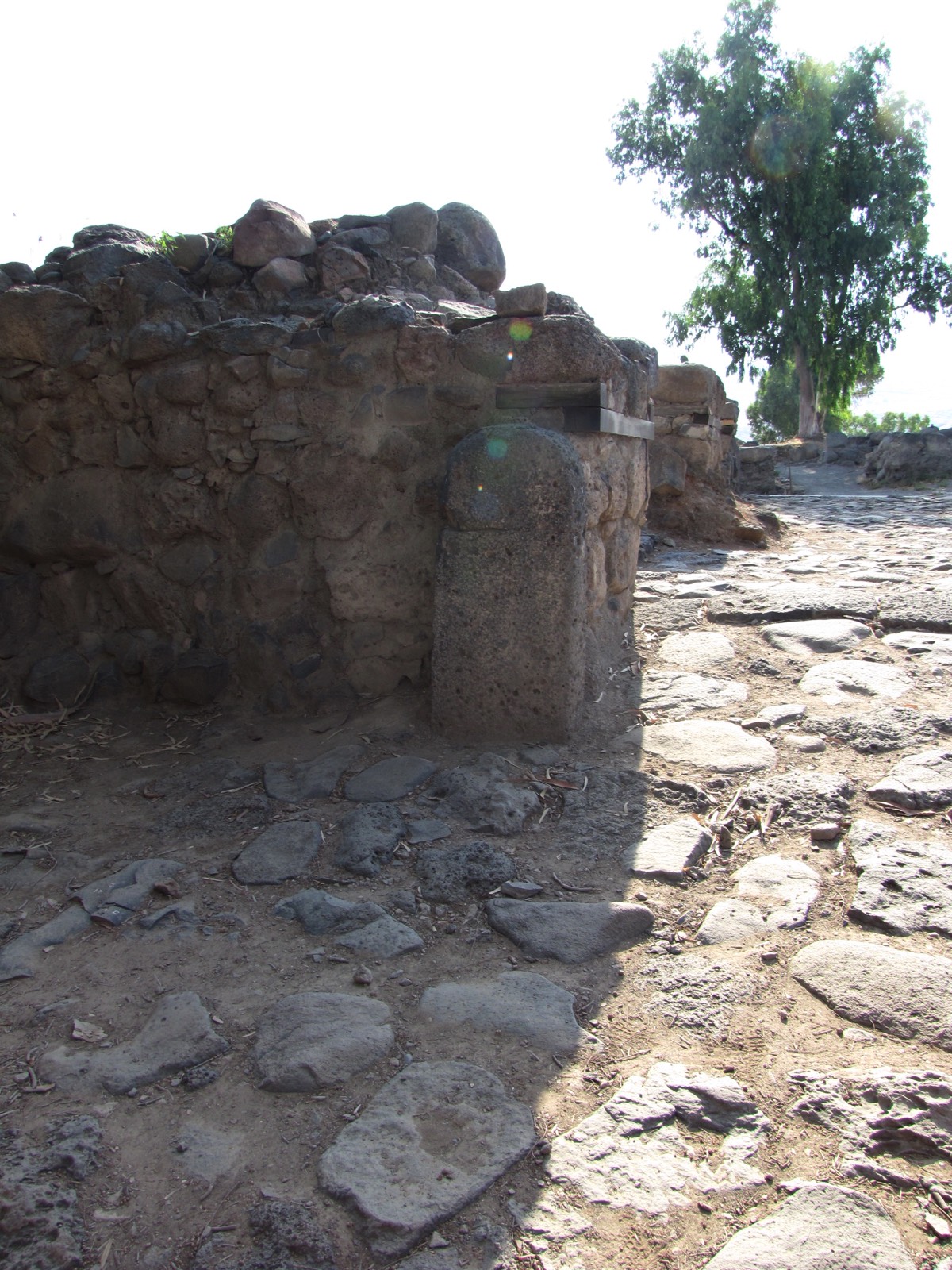
One of several standing stones. This one is on the left side of the east gate leading into Geshur. There is also one on the right side beside the high place of worship and stela.
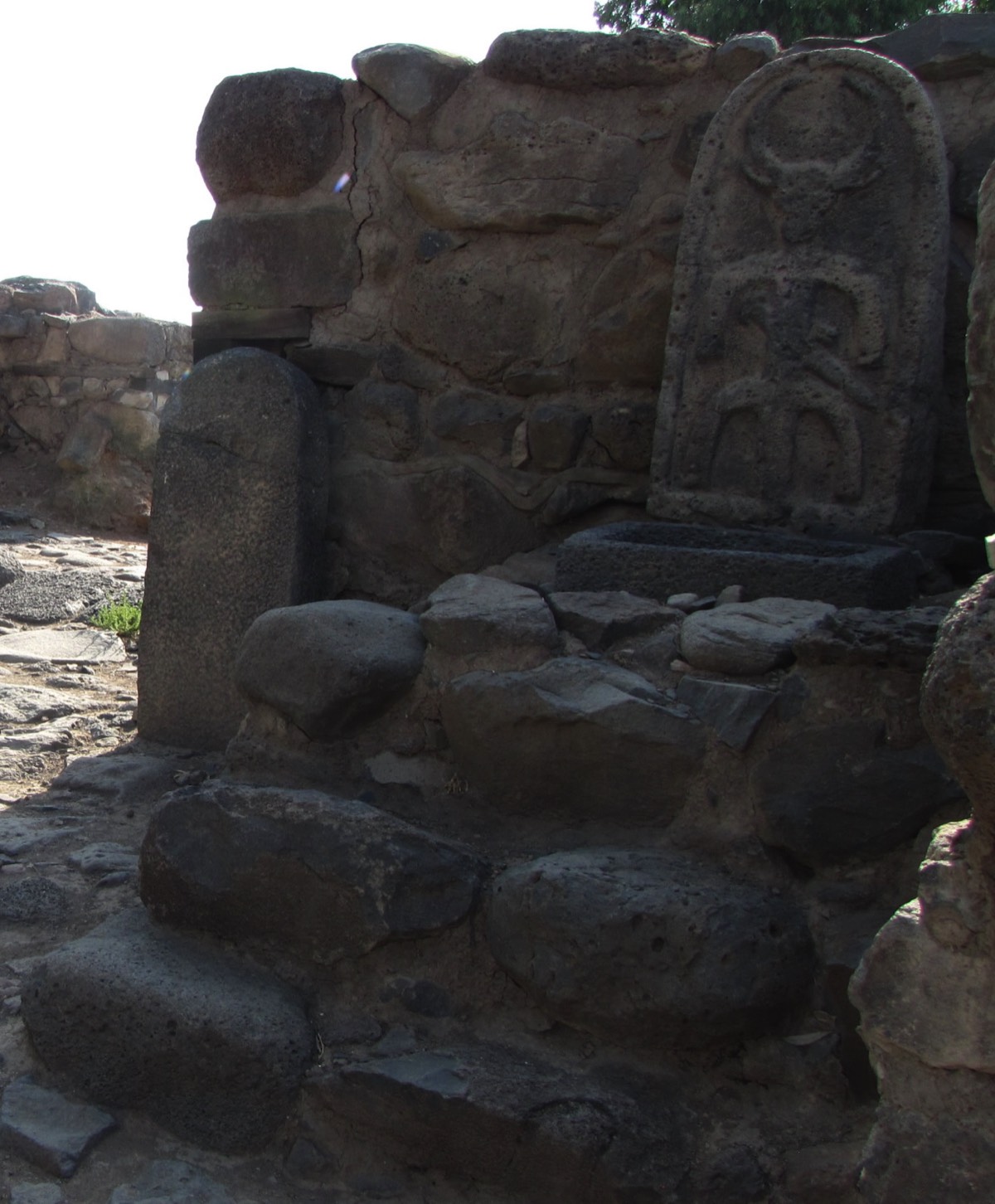
"Josiah brought all the priests from the towns of Judah and desecrated the high places, from Geba to Beersheba, where the priests had burned incense. He broke down the shrines at the gates—at the entrance to the Gate of Joshua, the city governor, which is on the left of the city gate."
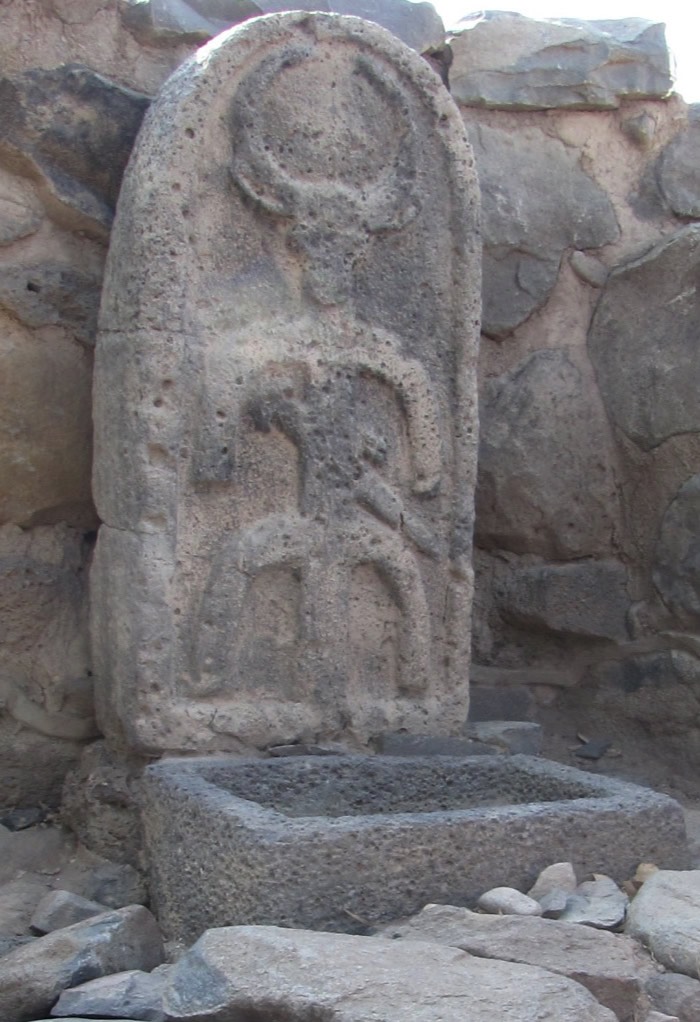
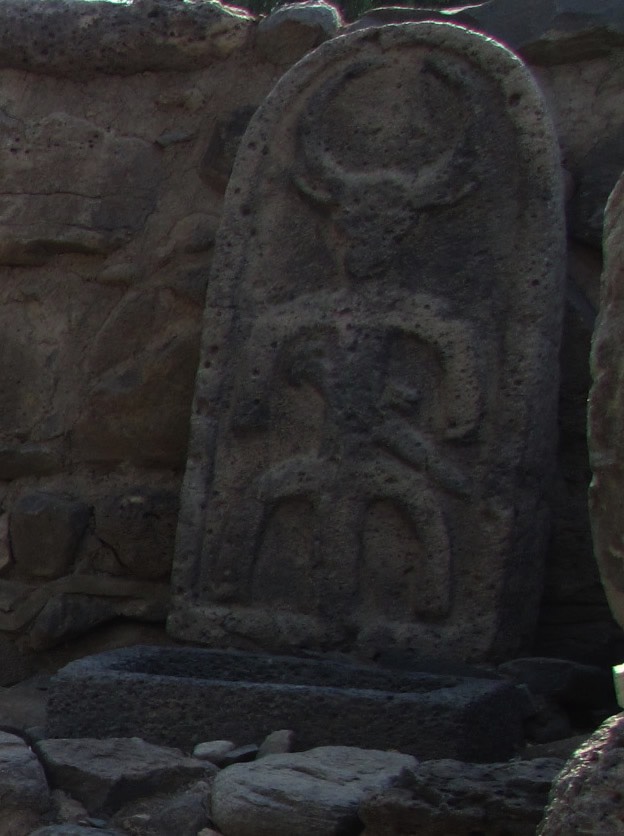
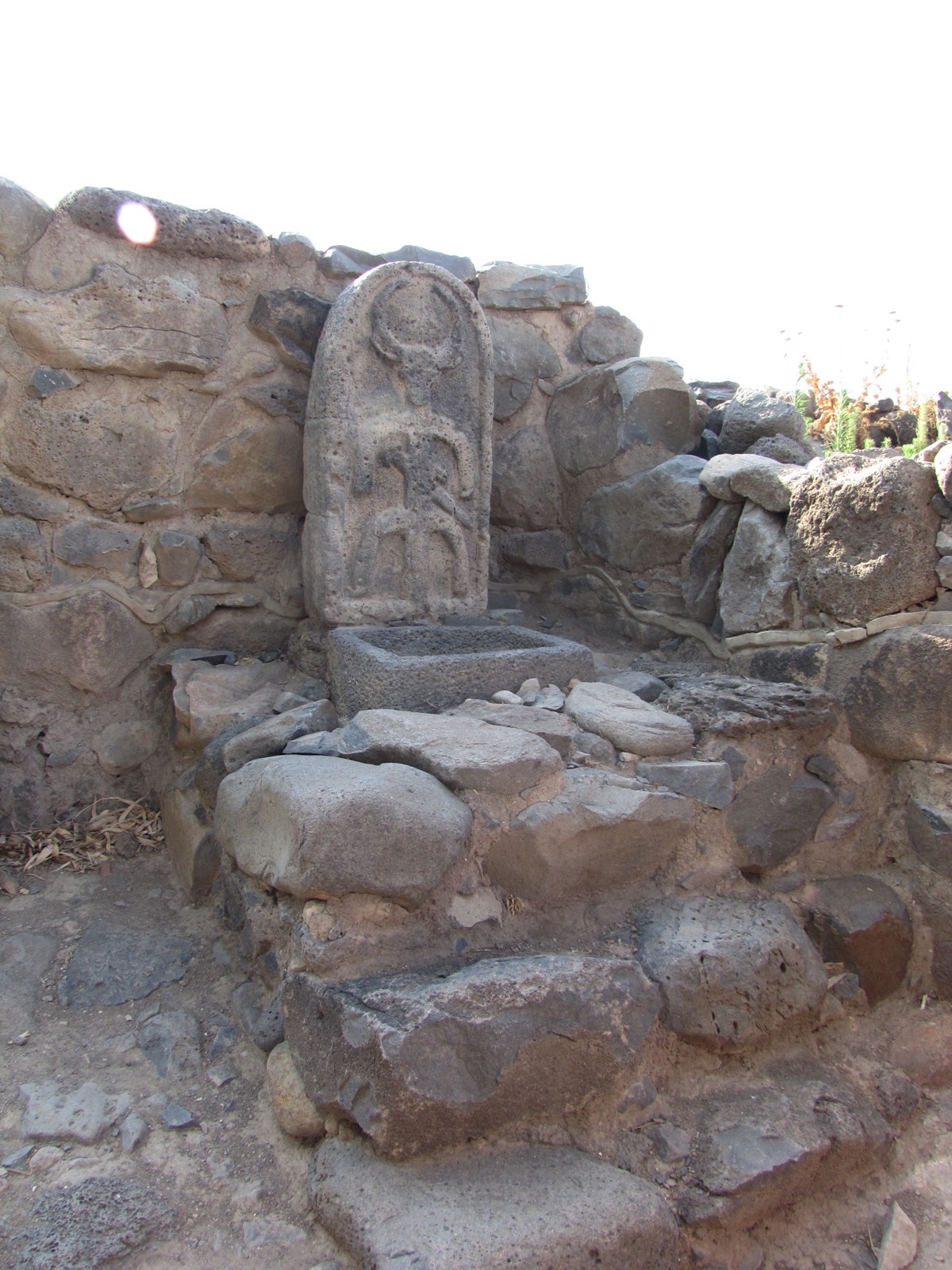
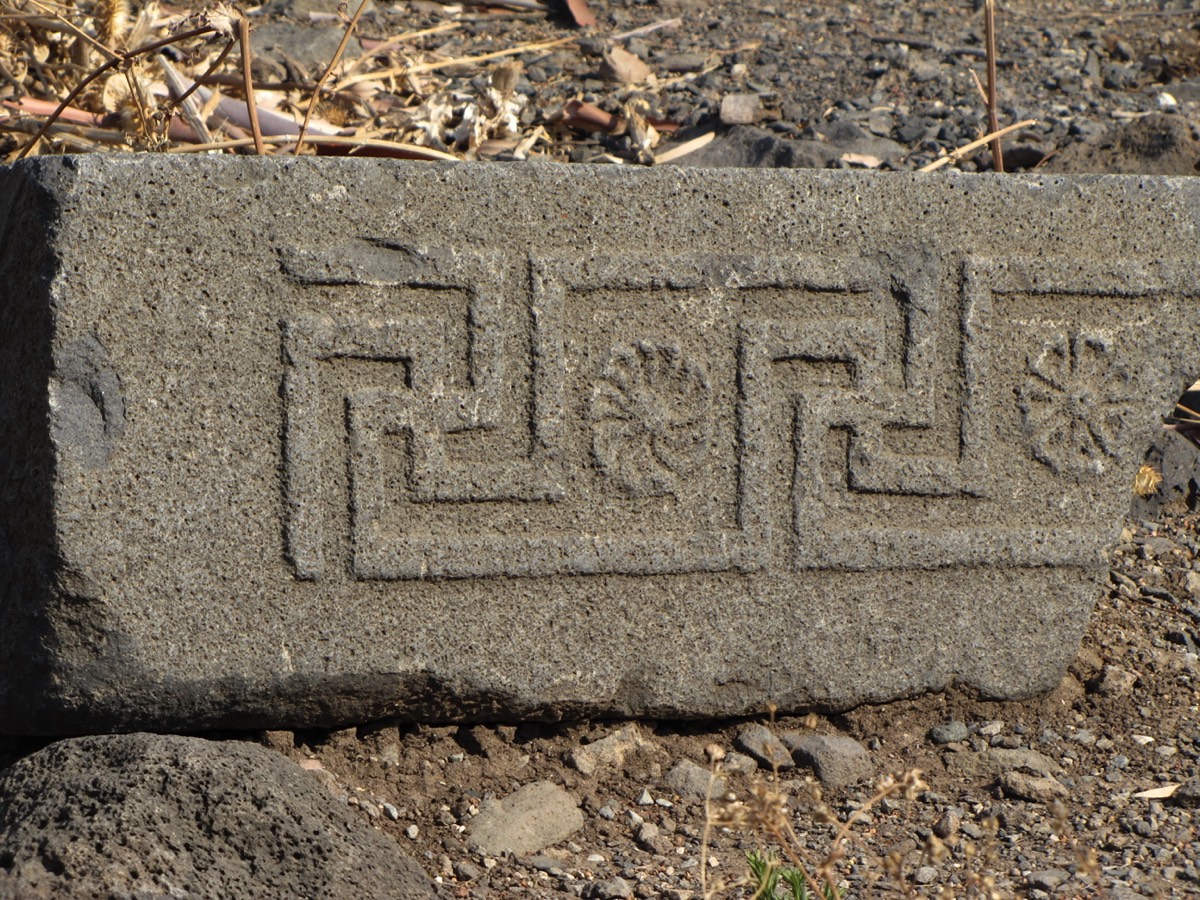
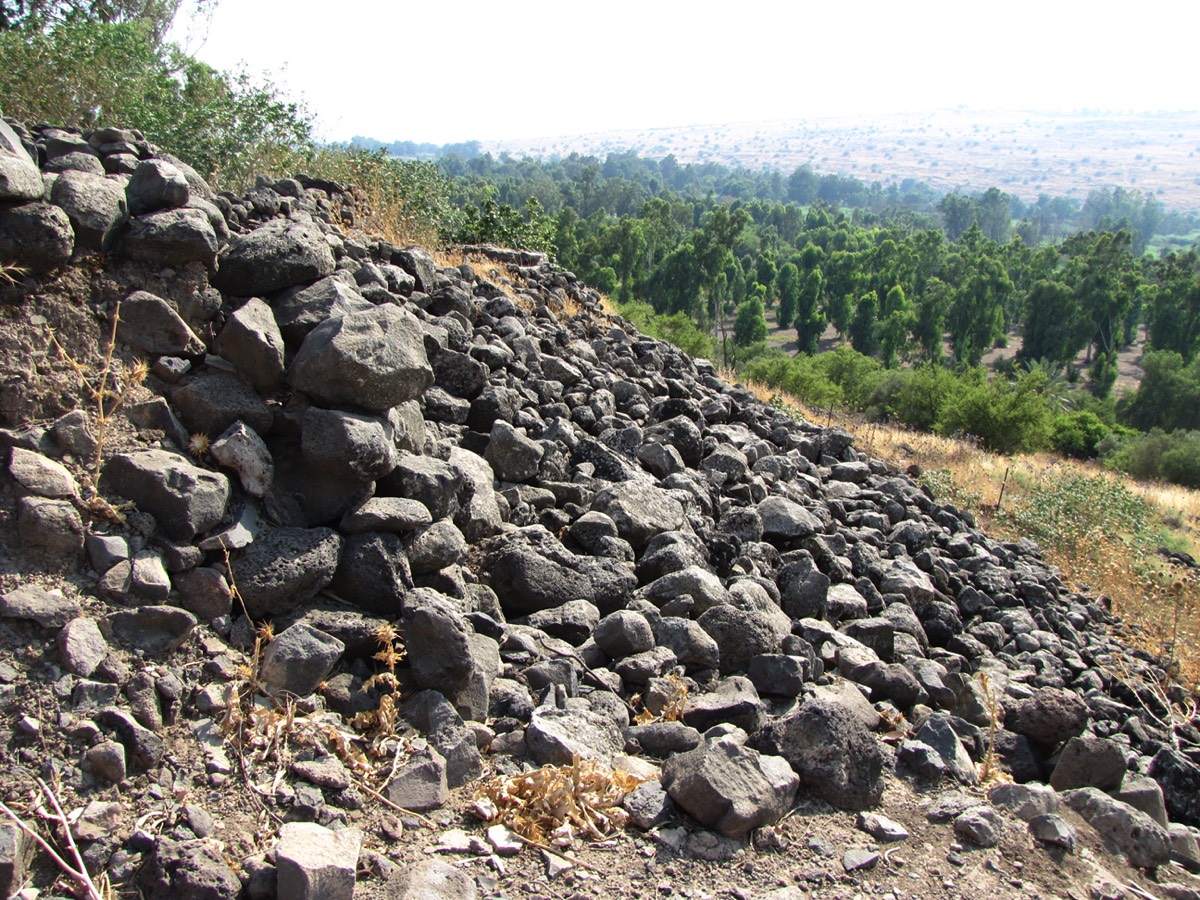
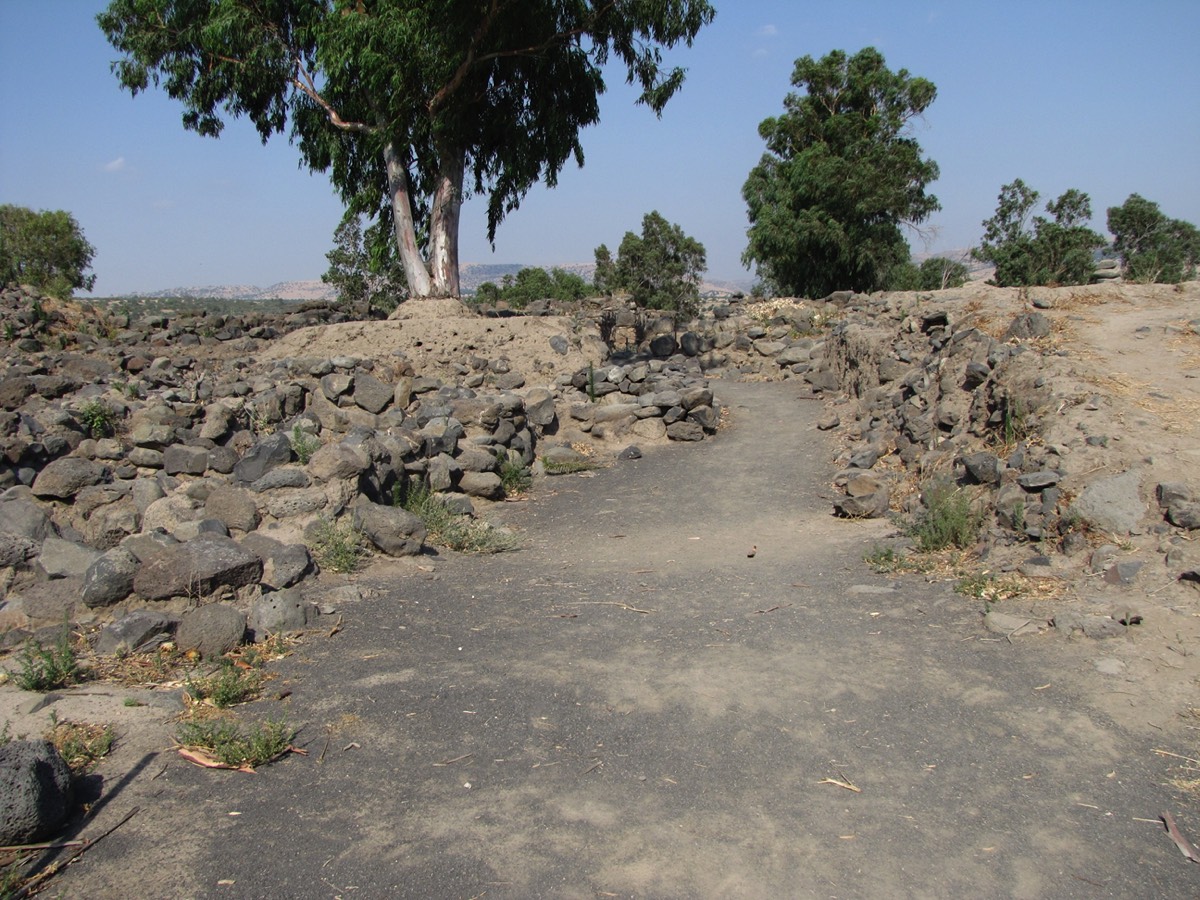
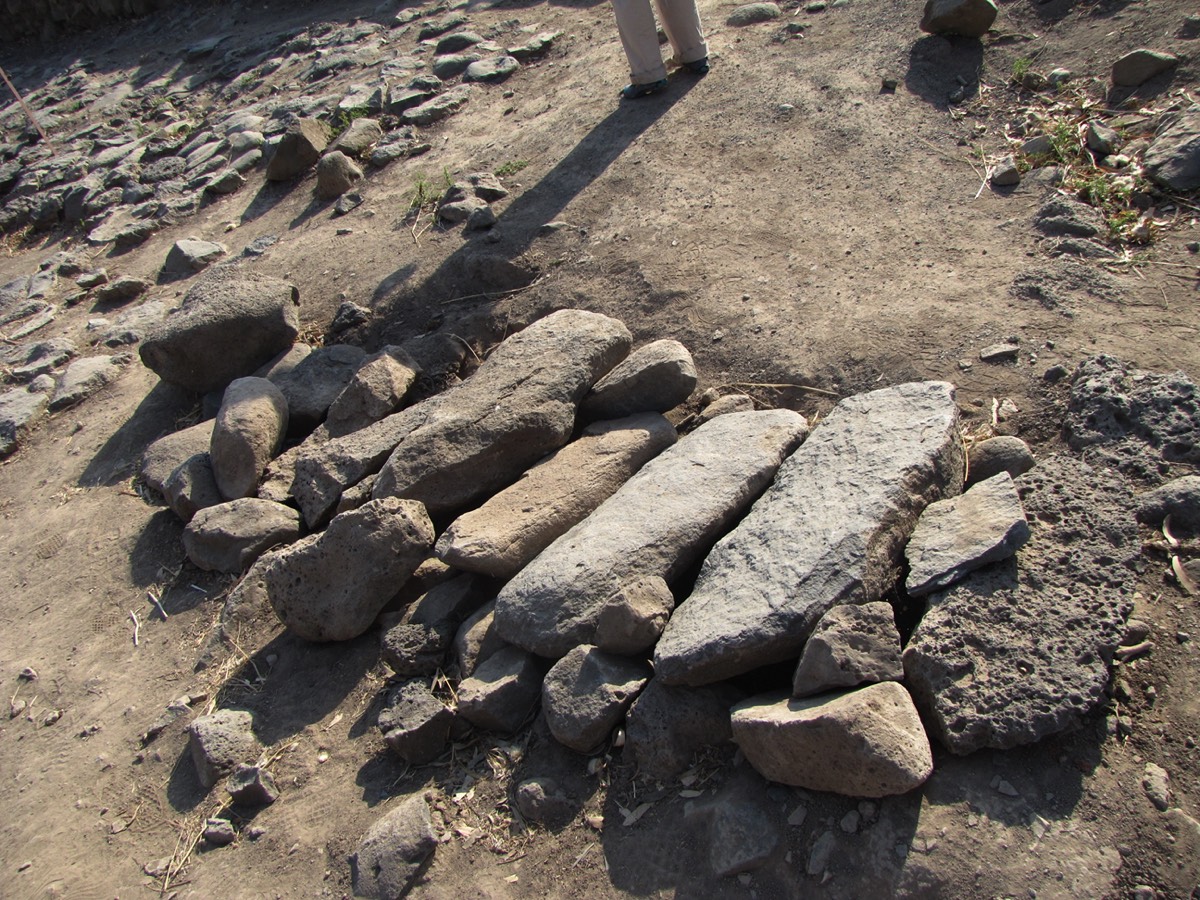
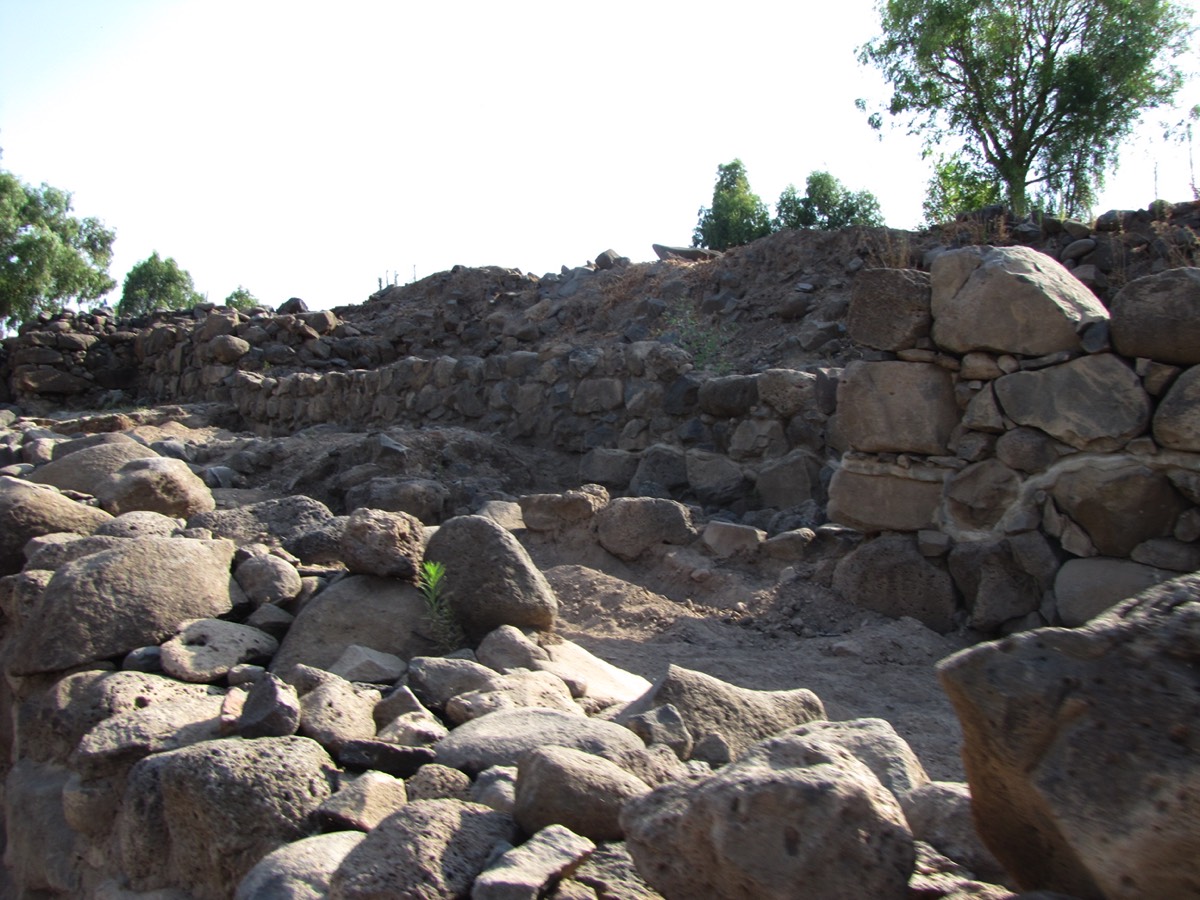
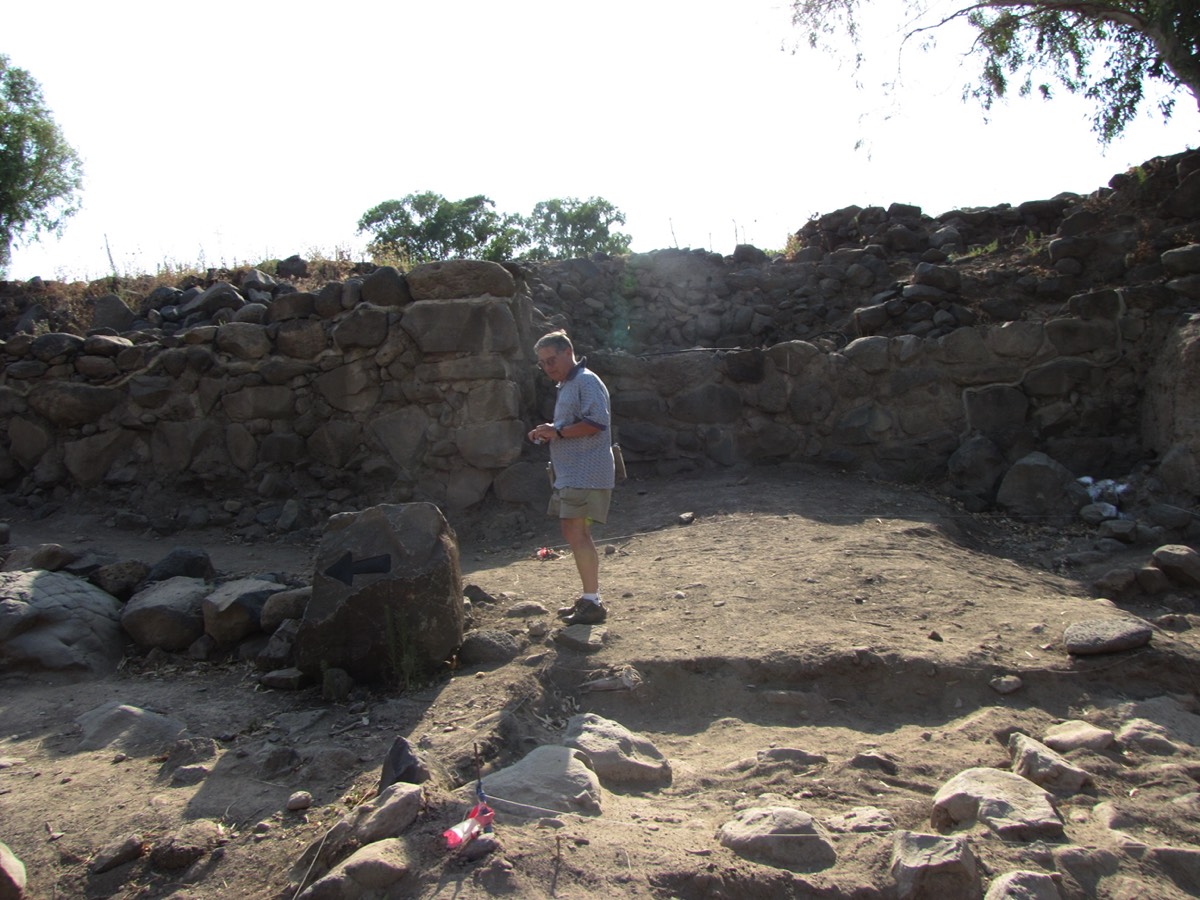
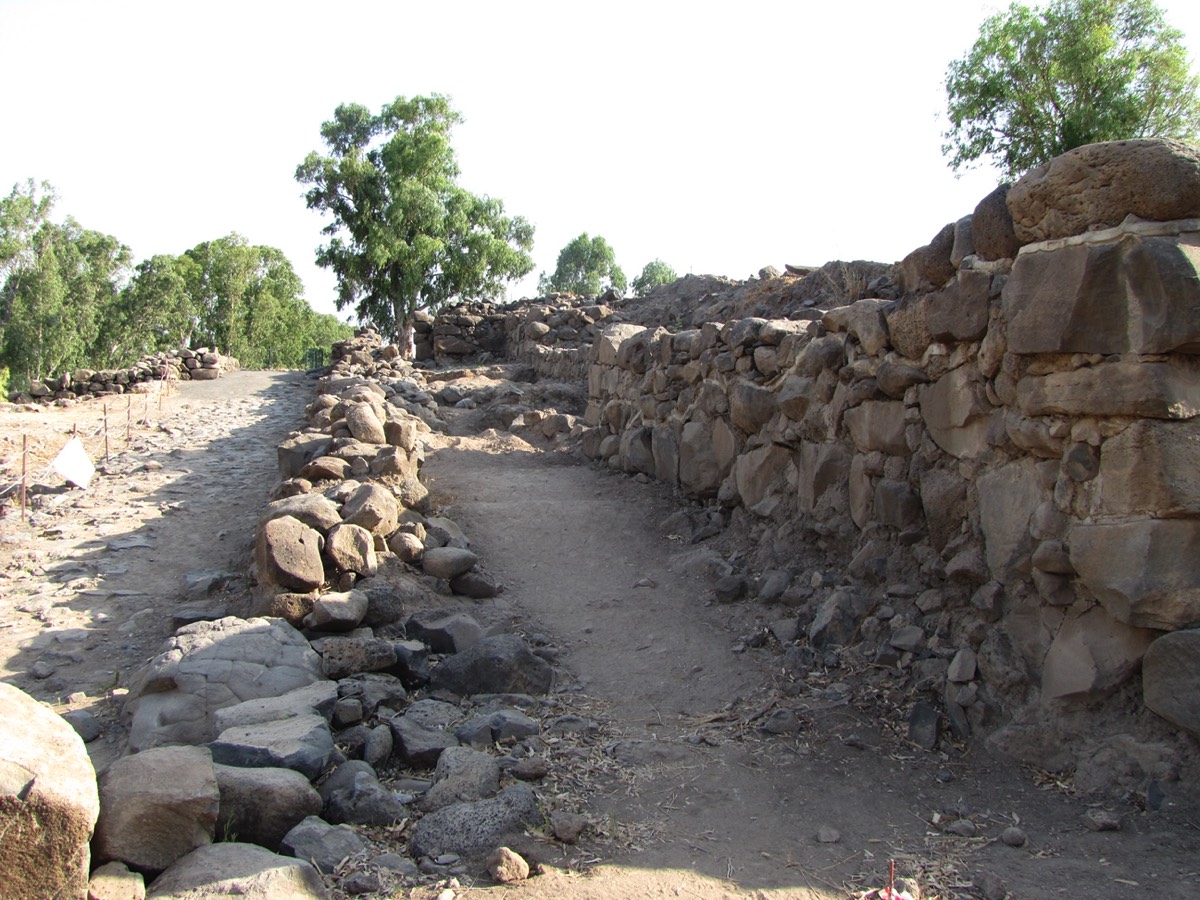
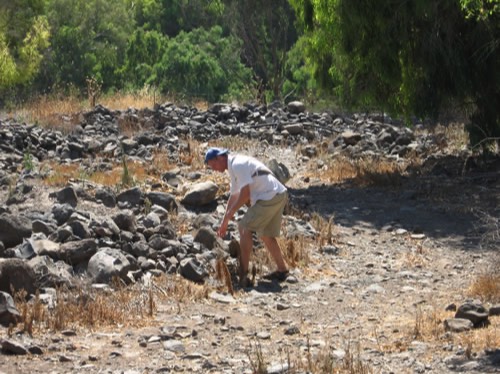
So she took the camera and started taking pictures.
The result was I have no "useful" pictures of Bethsaida but this is what we have:
A picture of Galyn looking at the rocks.
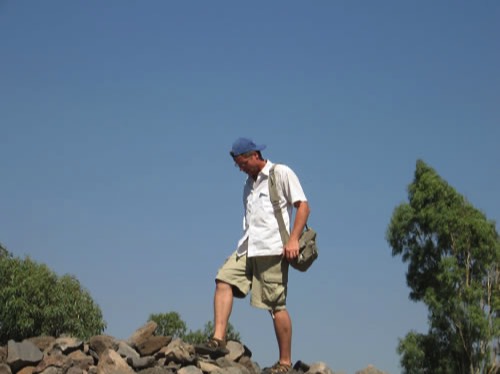
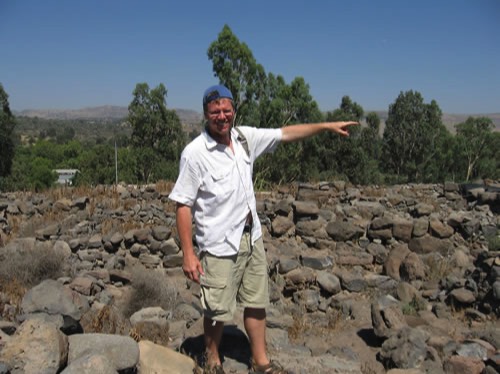
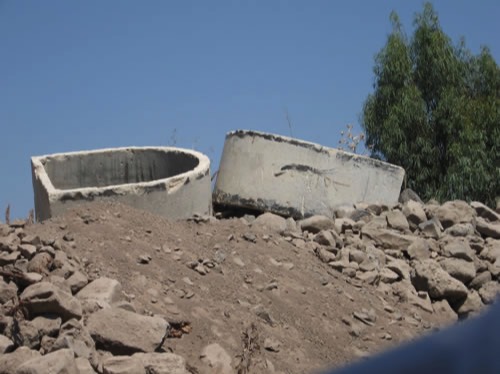
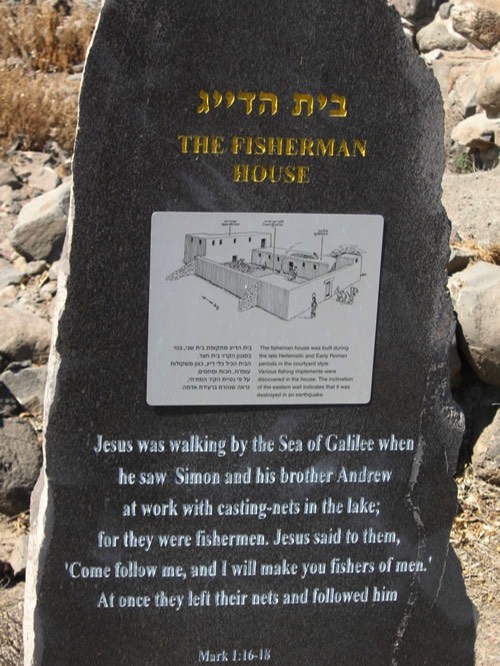
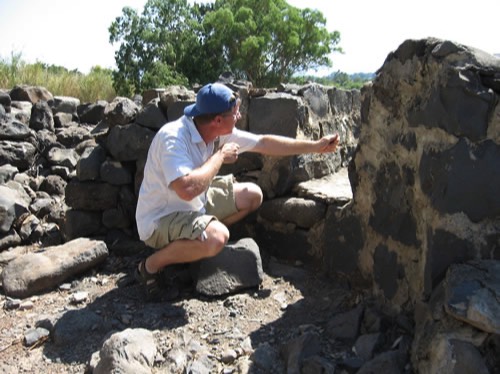
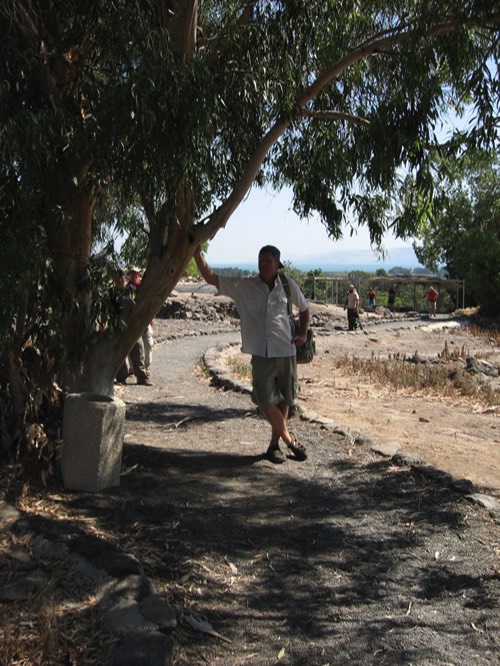
Generation Word Provides:

